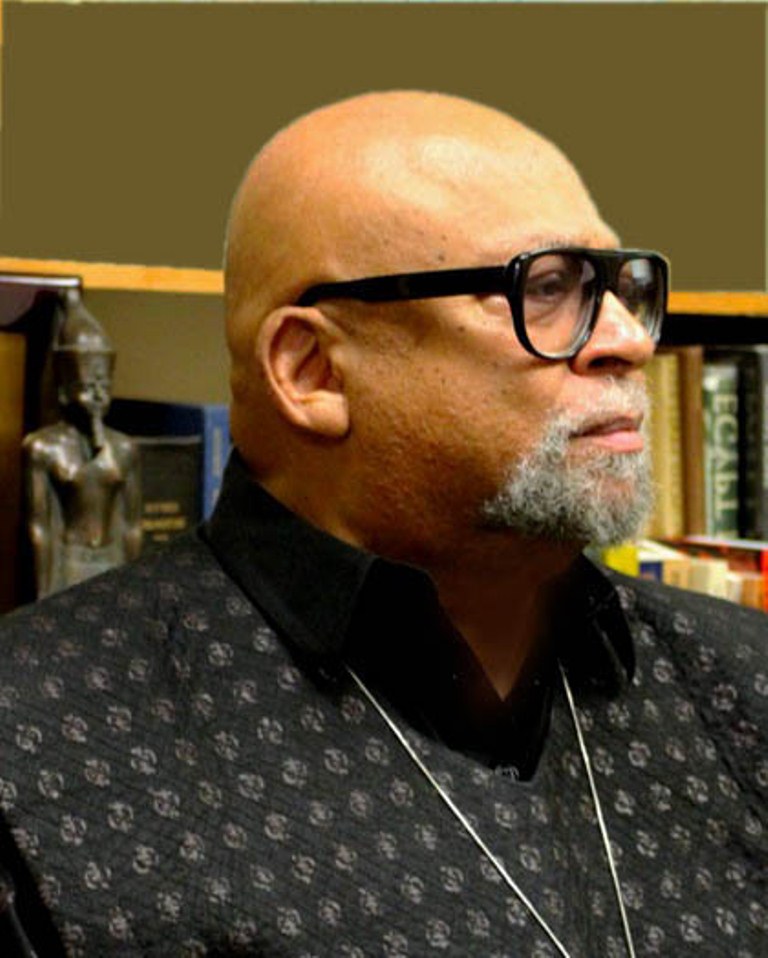Dr. Maulana KarengaNovember 28, 2019
The histories and holidays of the oppressed, colonized and enslaved are, of necessity, different from the history and holidays of the oppressor, the colonizer and the enslaver. Likewise, their interpretations of those histories and holidays also differ, for they are lived and learned from different standpoints. Thus, the Palestinians call the conquest and colonization of Palestine, the Nakba—the Great Catastrophe, and the Israelis call it the war of independence. The Native Americans call the conquest and colonization of their land and the decimation of their people genocide and Holocaust. The Europeans call it “discovery,” “the move westward,” “reaching the promised land,” and other self-sanitizing words and phrases.






